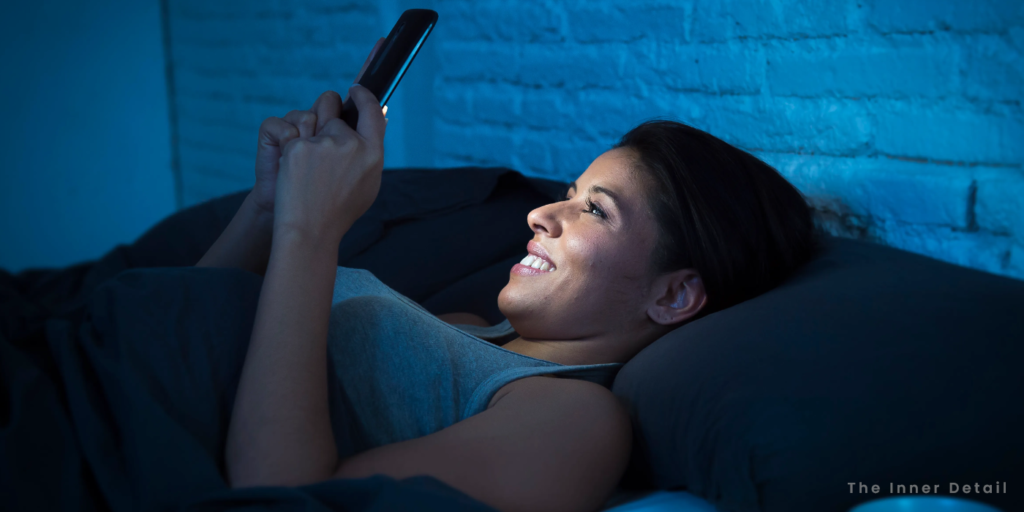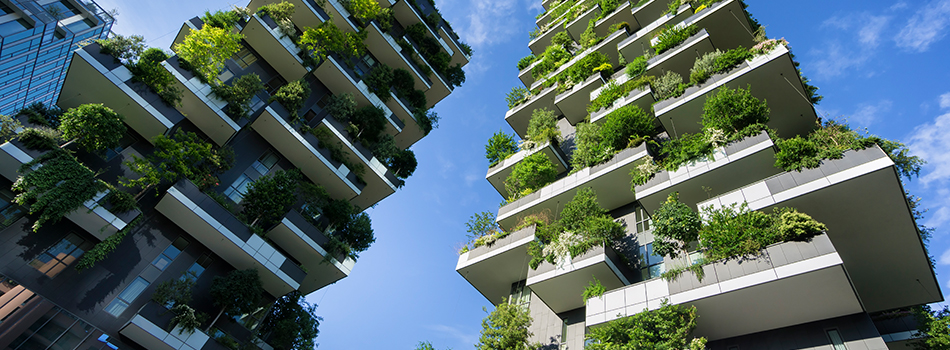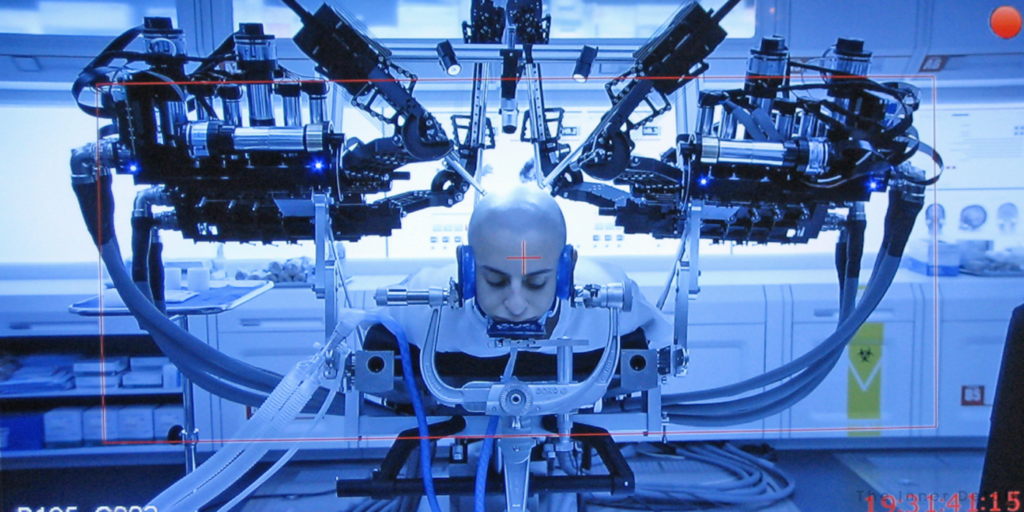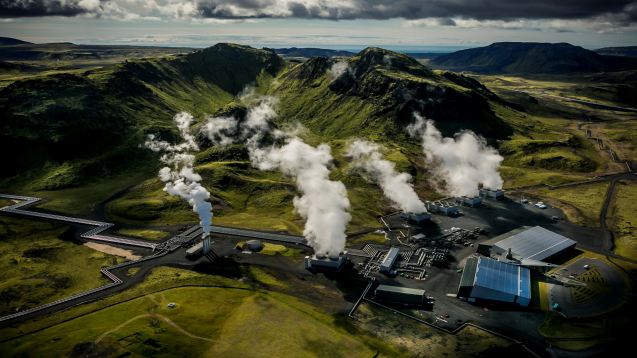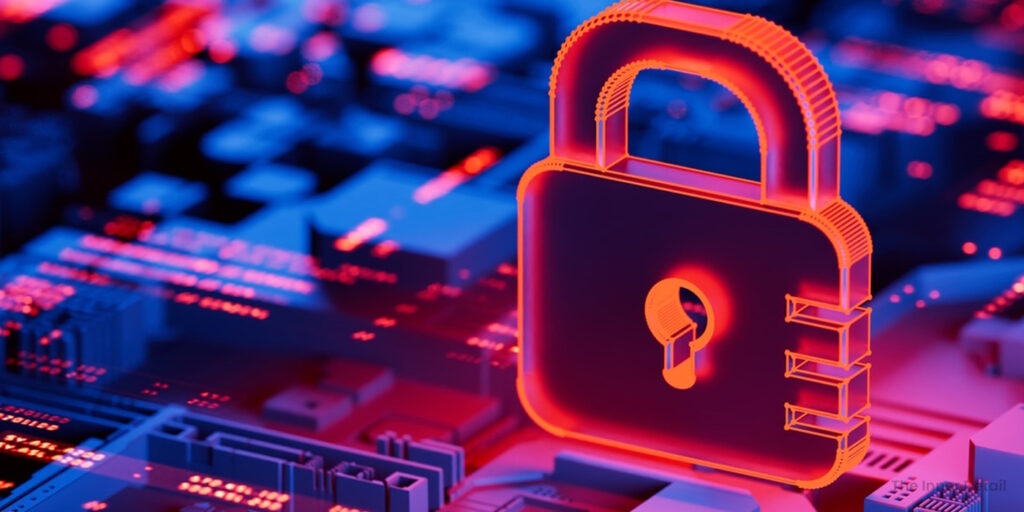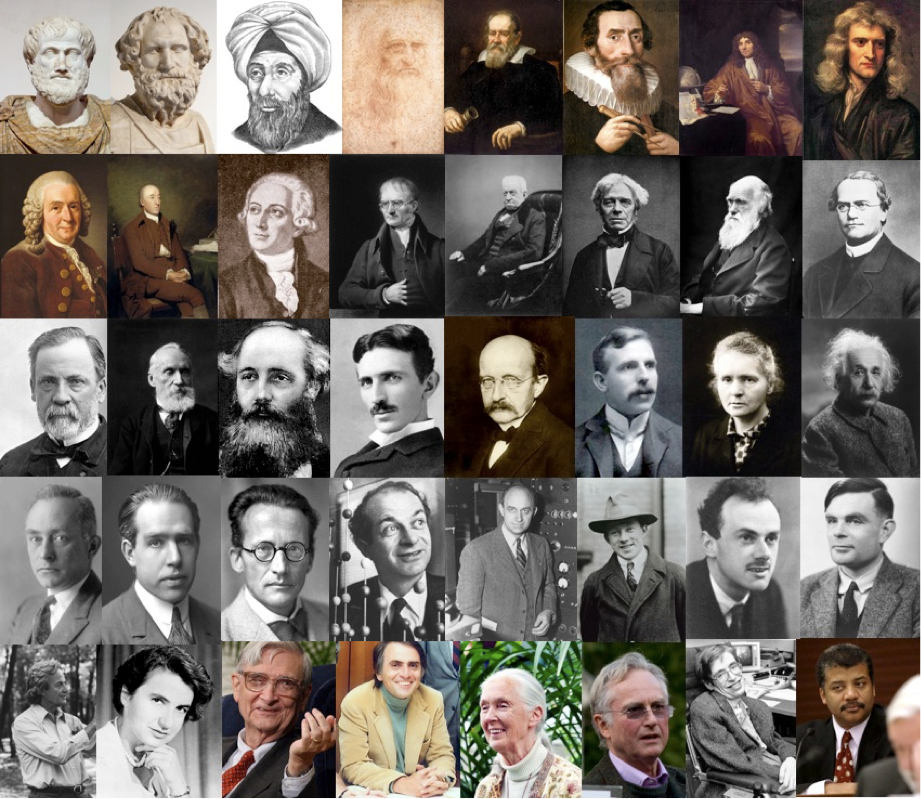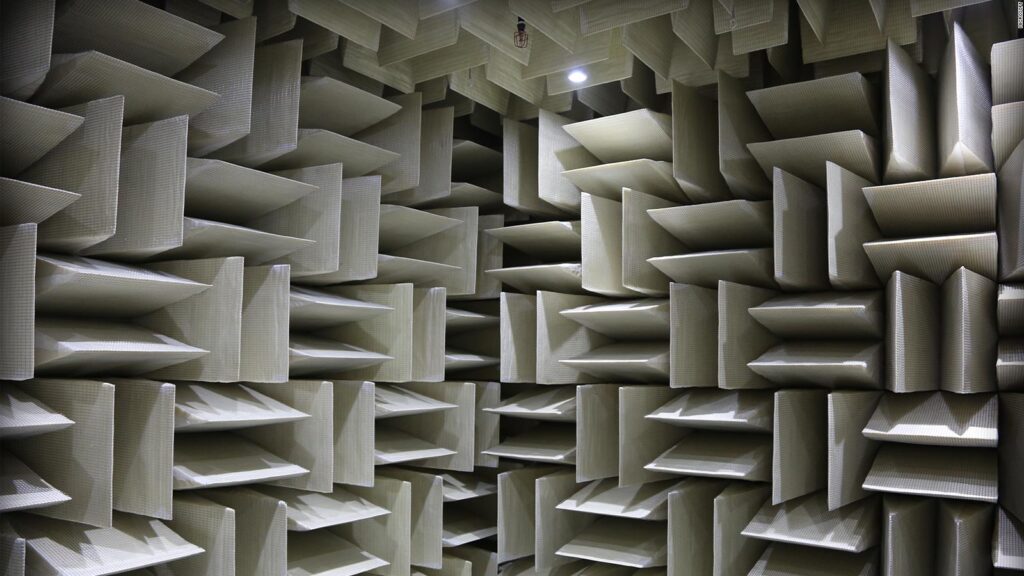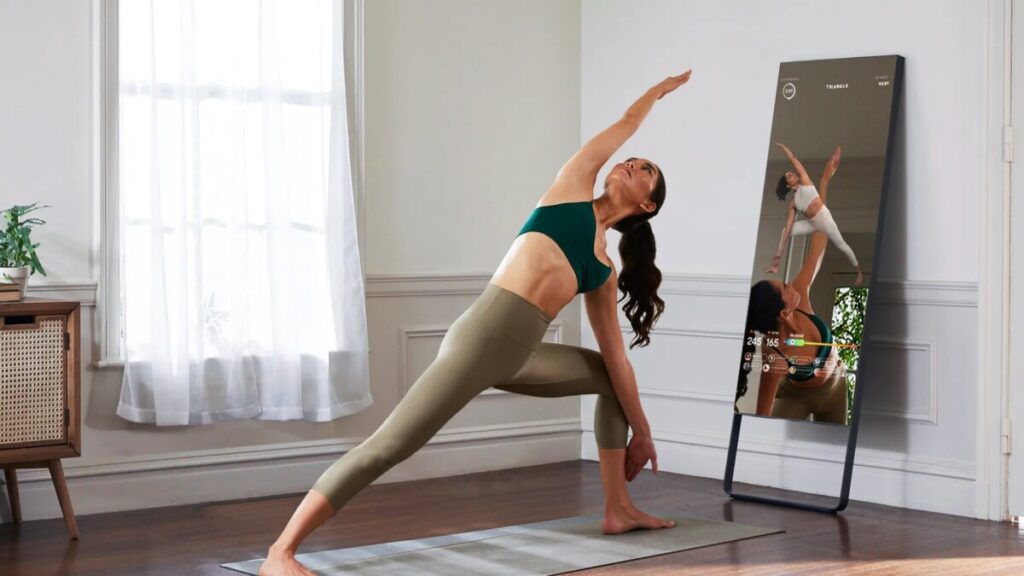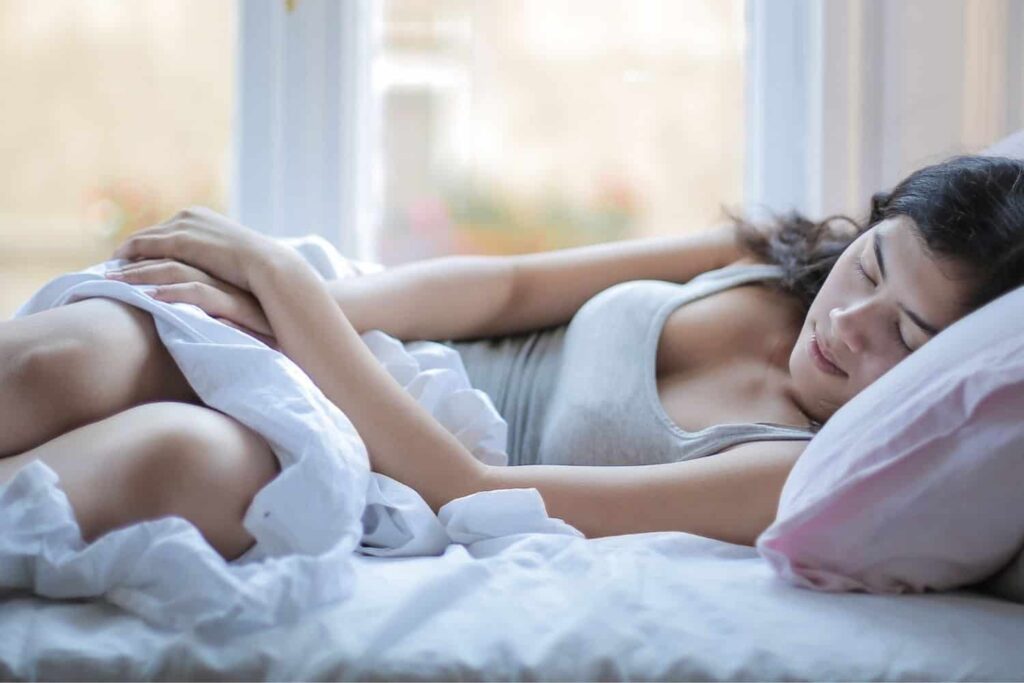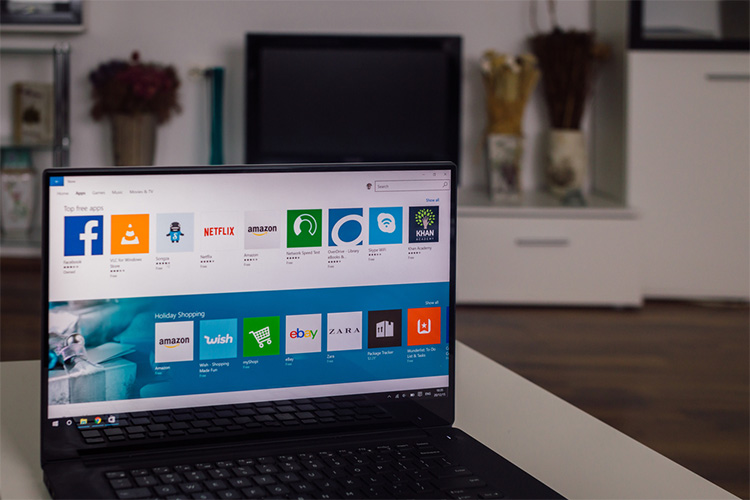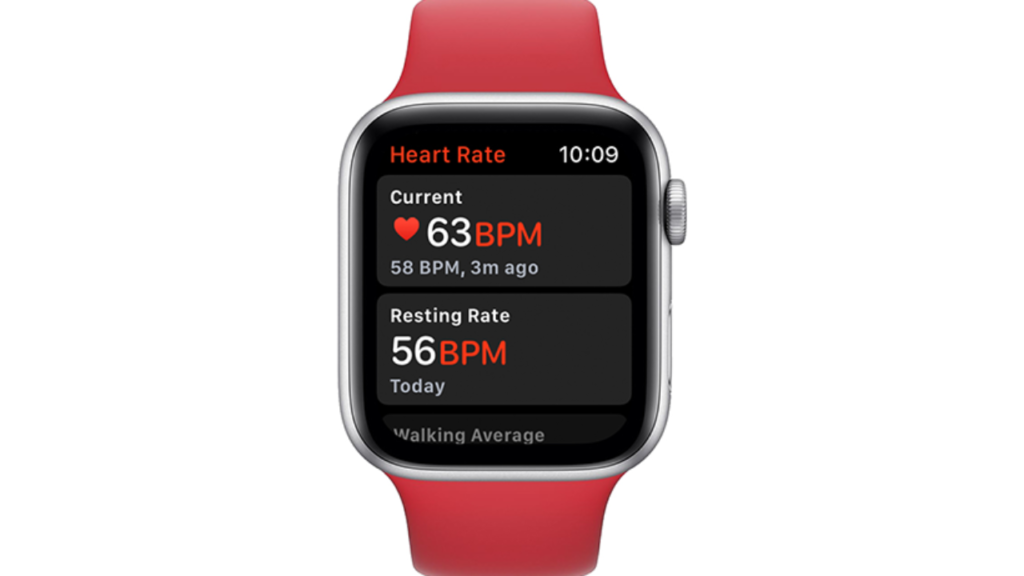European Space Agency recently conducted a research that focusses on sleeping patterns in space, and suggests to not use your smartphone before sleep, as it will directly affect your sleep schedule.
As sleep is one of the vital elements in a day, every adult needs to have 7 hours or more of sleep in the night, research suggests. Taking a good routine sleep in the night is as important as eating food regularly and drinking water. And to the growing habit of using mobile phones before sleep, researchers warn to not do so, as the light might disturb the sleep schedule.
Here is what European Space Agency’s sleep research in space conveys.
Don’t use Mobiles before Sleep
“Have you ever been told not to look at your phone before bed? This is because the blue light affects your Circadian rhythm – your natural response to changes of daylight,” reads European Space Agency’s X post.
ESA astronaut Andreas Mogensen is currently conducting sleep research on the International Space Station. The mission research called “Huginn” consists of two studies that seek to understand more about – Circadian light and Sleep in Orbit.
“Astronauts on the Space Station do a full circle of Earth every 90 minutes and experience 16 sunsets and sunrises every day. With this unearthly routine, astronauts can struggle to find a natural daily rhythm in space. The space station follows Greenwich Mean Time (GMT), which helps keep a consistent schedule, along with regular wake-up and bedtime routines,” said the ESA press release.
Circadian Light
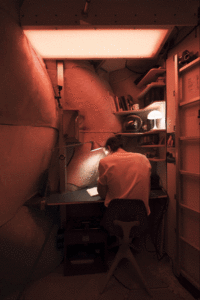
Circadian rhythm is nothing but physical, mental and behavioral changes our bodies undergo over a period of about 24 hours. Our internal clock is linked to the body’s core temperature, which varies throughout the day, and triggers our metabolism and sleep cycle.
Prolonged light exposure influences our rhythm as humans tend to wake up during the day and sleep at night. To study this, and to derive a potential solution to the sleep-issue of astronauts in space, the Circadian Light experiment is developed by SAGA Space Architects from Copenhagen, the Denmark’s capital.
The experiment involves a lamp, that is designed to align the colors with the circadian rhythm of astronauts in space. The lamp will change the lighting throughout the day, similar to what the sky looks like on earth at different times. Say, in the evening, the light will glow in red to simulate a calming sunset. In the morning, when astronauts wakeup, the light will turn blue, evoking the colors of a morning sky.
This experiment tested by the two founders of SAGA on a two-month expedition to Greenland, reveals that the light was important to keep a regular sleep schedule and help orient them in time.
It allows researchers to arrive to a conclusion that blue-light from smartphones directly affects our circadian rhythm and it’s advisory to not use them before sleep.
Sleep in Orbit
Astronauts also have difficulty in adjusting to the way of sleeping in space, where they float in a sleeping bag, instead of lying down as they do on earth. Researchers from Aarhus University, Denmark have developed a small in-ear EEG measuring device that will measure astronaut’s brain activity throughout the night to help understand the quality of sleep in space.
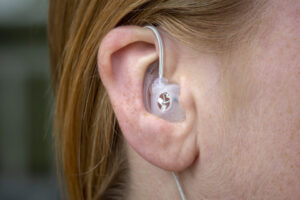
Researchers of the two studies are working together to pull all their data and better understand sleep in space as well as on earth.
A 2022 study found that global warming is making humanity lose essential sleep and the effect is worse in people from developing nations. The hotter the climate becomes, more the amount of sleep loss. This ESA’s research might also shed light on this, as studies undertaken in extreme space conditions and their solutions to lack of sleep could also be applied to the same due to extreme weather events.
The ideal temperature of a room for a comfortable sleep should be between 15.60C and 200C.
Have a good sleep at night!
(For more such interesting informational, technology and innovation stuffs, keep reading The Inner Detail).
Kindly add ‘The Inner Detail’ to your Google News Feed by following us!
